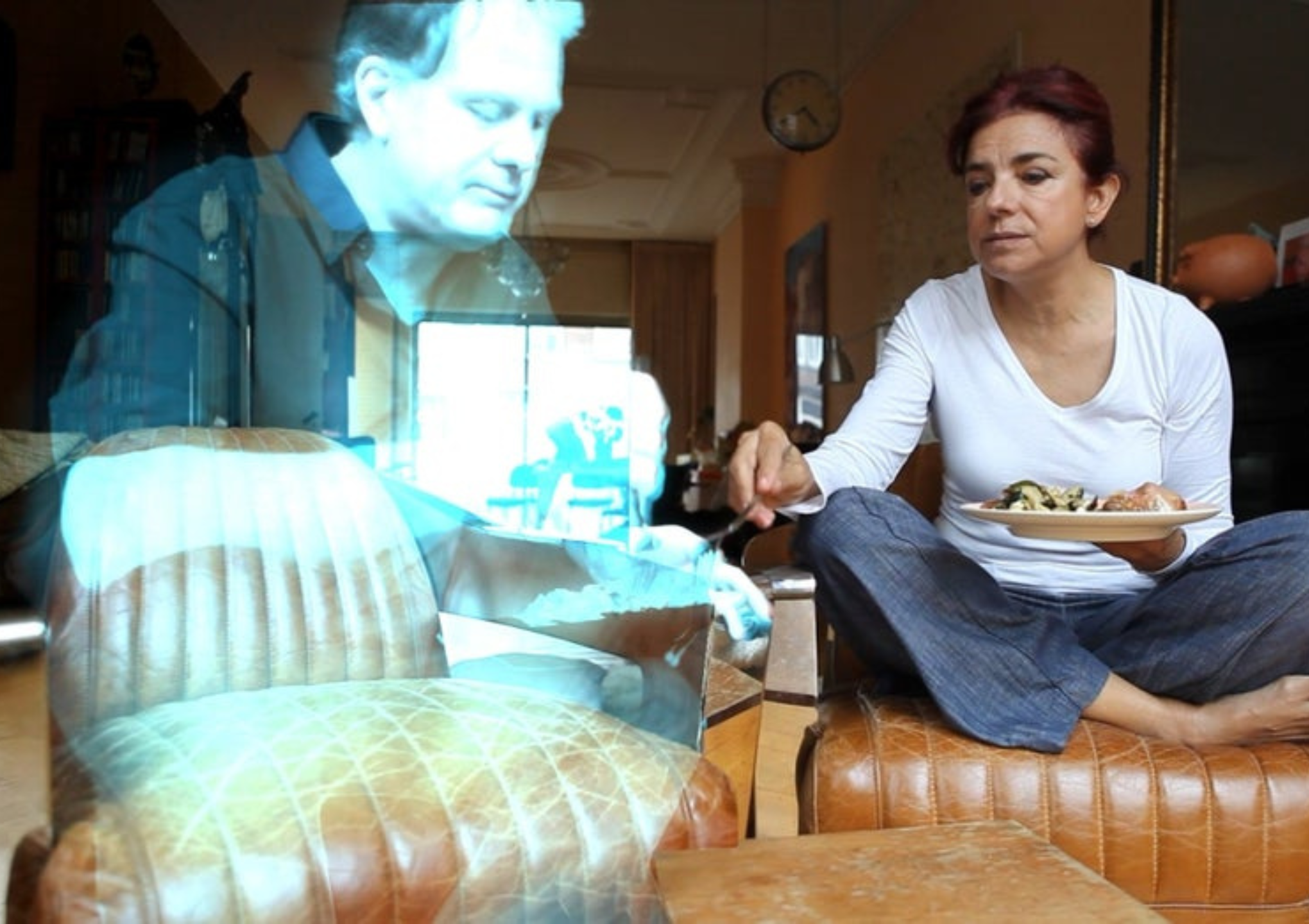Bild: Alicia Framis
An unusual wedding plans its way into hearts
Imagine a wedding where the “I do” is not exchanged between two people, but between humans and technology. Sounds like science fiction? For Spanish-Dutch artist Alicia Framis, this will soon become a reality. This summer, she is planning to marry Ailex – not a human, but an AI hologram that has been specially modeled on the characteristics of her ex-partner.
AI as an emotional partner: more than just a performance
Framis is no stranger to unusual relationships. Her art led her to live with a mannequin in a French ghetto back in the 90s. Today, she is dedicated to the relationship between humans and artificial intelligence. “The next important step is to connect humans and artificial intelligence emotionally,” says Framis. Her goal: to explore the extent to which AI can fulfill our emotional needs and combat loneliness.
The debate: AI as the answer to loneliness?
In a world where, according to Gallup studies, one in four adults feels lonely, the idea of using AI for companionship seems tempting. Framis sees Ailex not only as a partner, but also as a means of helping people who are looking for companionship – whether it’s after the loss of a loved one or as support for people with disabilities.
Between technology and humanity: a balancing act
The debate around AI and loneliness is complex. While some studies suggest that the use of AI tools can lead to more loneliness and sleep problems, others emphasize the positive social presence such models can provide. Framis’ upcoming marriage to an AI hologram thus raises important questions: Can we satisfy emotional and social needs through technology? And where do we draw the line between human and artificial intimacy?
Alicia Framis’ experiment is more than just an artistic performance. It is a mirror of our time that explores the boundaries between human and machine, between reality and artificiality. Her marriage to Ailex could therefore not only be a personal milestone, but also an important contribution to the discussion on one of the most pressing questions of our time: how do we shape our relationship with the technologies that increasingly determine our everyday lives?







